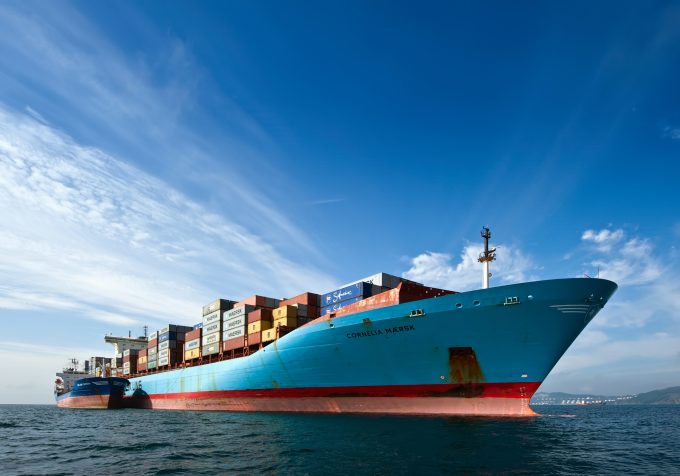Maersk developing the tech to create the 'Amazon of logistics'
Maersk is looking to build an “Amazon for logistics” with its integrator strategy, supported by ...

There has been insufficient mainstream publicity on the IMO’s 2020 global emissions regulation for shipping, and a lack of transparency by container lines on their recovery strategies.
These are the worrying conclusions of a review by maritime consultant Alphaliner and a shipper survey by Drewry Supply Chain Advisors.
It has been estimated that the cost of compliance with the IMO’s 0.5% sulphur cap on fuel from 1 January 2020 could be a $15bn annual bill for the liner industry – each Asia to North Europe round ...
Trump tariffs see hundreds of cancelled container bookings a day from Asia
'Disastrous' DSV-Schenker merger would 'disrupt European haulage market'
'To ship or not to ship', the question for US importers amid tariff uncertainty
'Chaos after chaos' coming from de minimis changes and more tariffs
List of blanked transpac sailings grows as trade war heats up and demand cools
EC approves DSV takeover of DB Schenker
Forto 'sharpens commercial priorities' as it lays off one-third of staff
Shippers in Asia restart ocean shipment bookings – but not from China
India withdraws access for Bangladesh transhipments, in 'very harmful' decision
'Tariff hell' leaves industries in limbo – 'not a great environment to plan'
IndiGo fleet expansion plan will include a major push to boost cargo volumes
Pre-tariff rush of goods from US to China sees air rates soar, but not for long
De minimis-induced ecommerce demand slump could cripple freighter operators
'Restoring America's maritime dominance' – stop laughing at the back of the class
Hapag 'took the bigger risk' when it signed up to Gemini, says Maersk
Navigating tariffs: 'like trying to solve a Rubik's cube while colour-blind'

Comment on this article
Peter
October 04, 2018 at 9:18 amReally, carriers were waiting this for a long time, it is harvest time!!